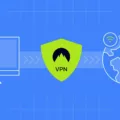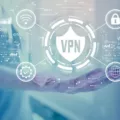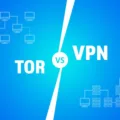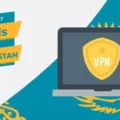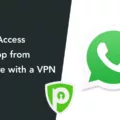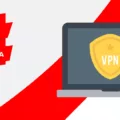A Virtual Private Network (VPN) is a secure connection between two or more devices over the internet. It allows you to access content that may be blocked in your current location, maintain privacy while browsing, and protect data from being intercepted by third parties. VPNs are widely used by individuals and businesses alike for a variety of reasons, many of which we will explore in this blog post.
One of the primary reasons people use a VPN is to access content that may be blocked in their current location. This could include streaming services like Netflix or Hulu that are only available in certain regions, or websites with restricted access due to local censorship laws. By connecting to a VPN server located in another country, you can bypass these restrictions and browse whatever you want without worry.
Another key benefit of using a VPN is the ability to maintain your privacy online. When connected to a VPN, your data is encrypted from end-to-end so it can’t be intercepted by third parties such as your internet service provider (ISP). This means you don’t have to worry about anyone snooping on what you do online, as all your traffic remains private and secure.
When shopping online, prices often vary depending on what region you’re located in. By using a VPN with servers located around the world, you can access different region-specific e-commerce websites and take advantage of lower prices or better deals than if you shopped locally. This can save you money when buying items like electronics or apparel that may be cheaper abroad compared to what they cost at home.
A VPN connection also helps improve cybersecurity both at home and work by disguising your data traffic online and protecting it from external access. Unencrypted data can easily be viewed by anyone who has network access and wants to see it, but with a VPN hackers and other cyber criminals won’t be able to decipher this data due to encryption protocols used by the service provider.
Finally, if you’re an avid gamer then using a VPN can help reduce lag when playing online games as well as help protect against DDoS attacks from other players who might try to disrupt your game experience. By connecting through a server located closer geographically than where you currently are, it can reduce latency issues caused by long-distance connections which can provide smoother gameplay experiences overall.
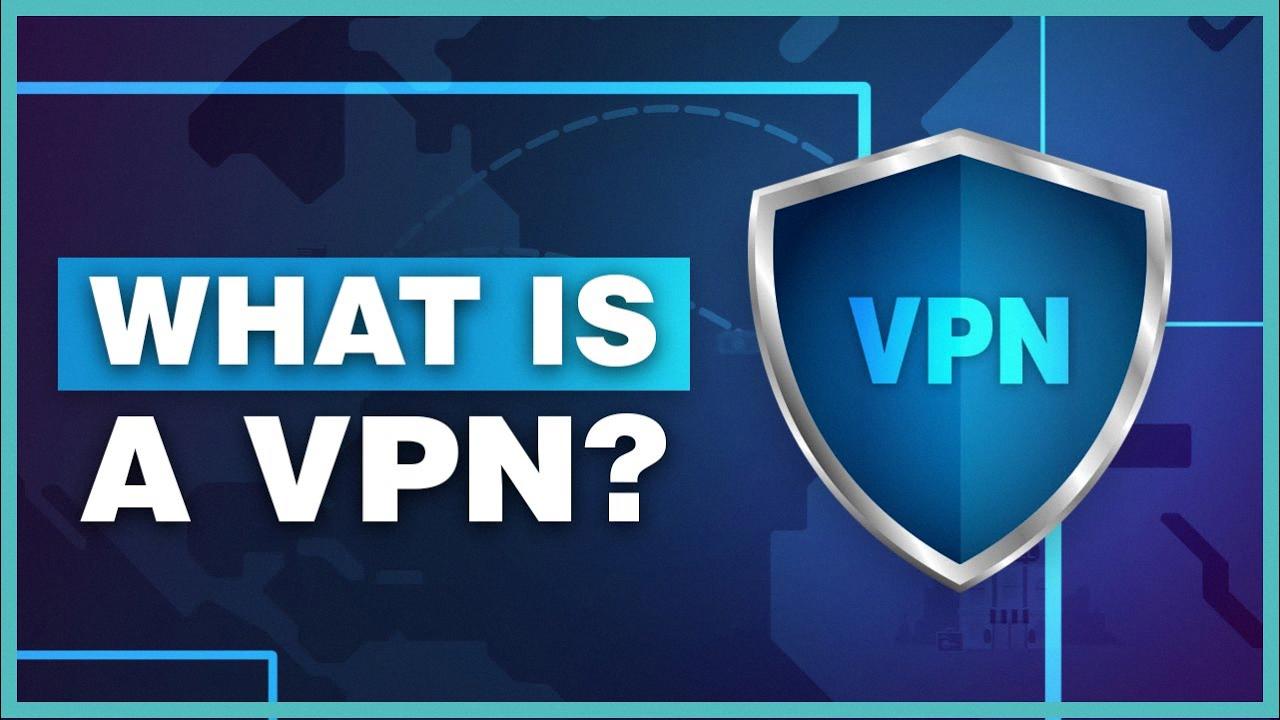
Source: youtube.com
Accessing Sites with a VPN
A VPN (Virtual Private Network) is a great way to protect your internet connection and access content from around the world. By using a VPN, you can encrypt your connection so that it is more secure and also bypass any geo-restrictions that may be in place. With a VPN, you can access a wide variety of sites including popular streaming services such as Netflix, Hulu, HBOGO/HBO Max, Showtime Anywhere, Spotify, Pandora, BBC iPlayer, Youku, and many others. Additionally, you can also use a VPN to access websites that are blocked in certain countries or regions due to censorship or other regulations. With a VPN, you can easily unblock these sites and access content from anywhere in the world.
The Three Major Uses of a VPN
The three major uses of a VPN are safety and security, anonymity, and the ability to break geo-restrictions.
Safety and security is the primary use of VPNs. When using a VPN, your traffic is encrypted and routed through a secure tunnel, protecting your data from malicious actors on the network. This makes it difficult for hackers or other malicious actors to intercept or access your personal data while you are browsing online.
The second major use of a VPN is anonymity. A VPN can mask your IP address, making it difficult for your online activity to be tracked or monitored by third parties. This makes it easier for users to browse anonymously and securely without having their data collected or monitored.
The third major use of a VPN is the ability to break geo-restrictions. By connecting to a server in another country, users can access content that may be blocked in their own country due to geographic restrictions or censorship laws. This can be especially useful for travelers who want to access streaming services such as Netflix or Hulu while abroad.
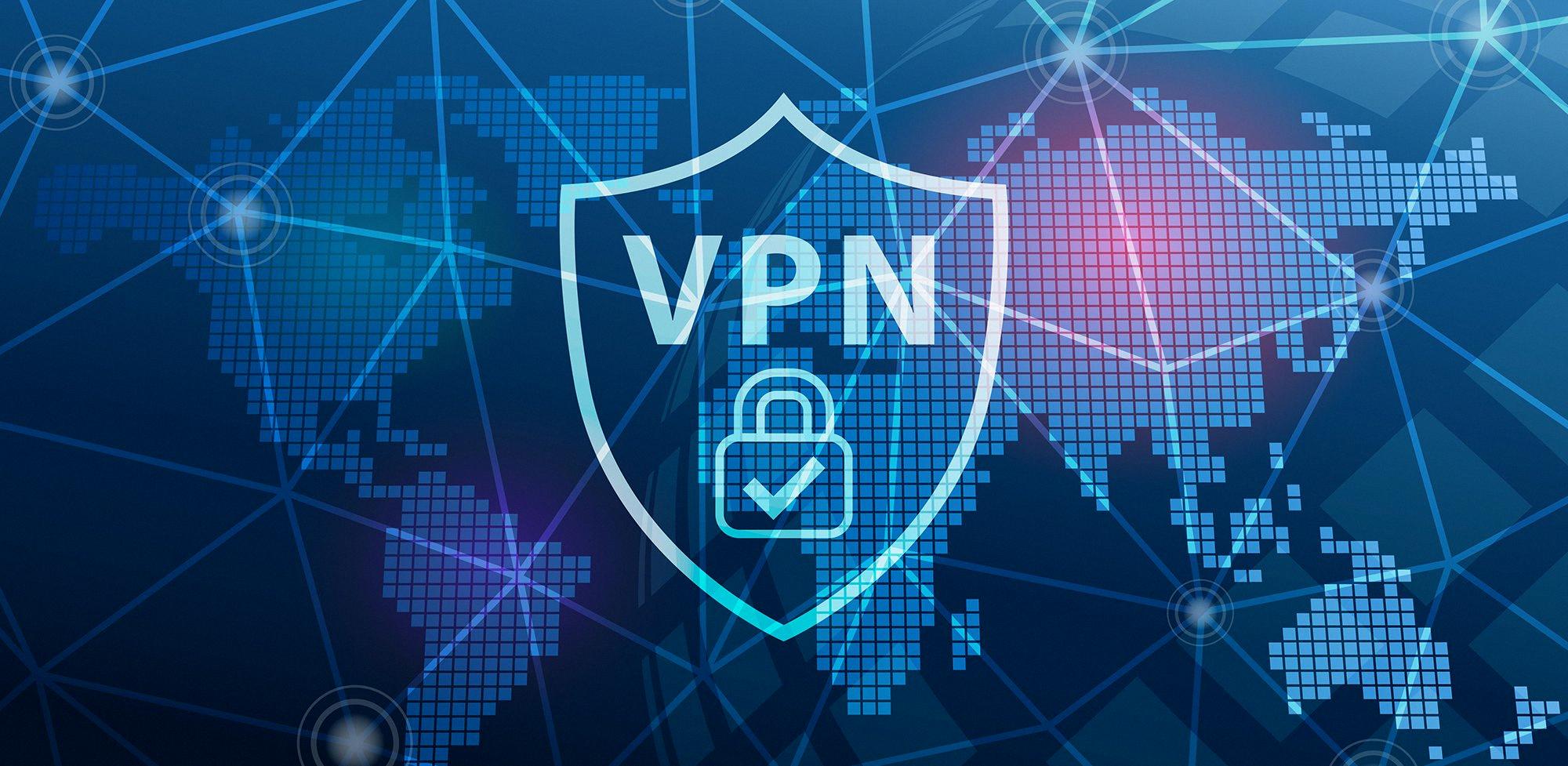
Source: cyberark.com
The Benefits of Using a VPN
1. Bypass Geo-locked Content: VPNs allow you to access content that is only available in certain countries or regions. This enables you to access streaming services and websites that may be blocked in your location, allowing for a more global browsing experience.
2. Provide Safety Through Anonymity: When using a VPN, your IP address is hidden and replaced with the IP address of the VPN server. This means that your online activity is anonymized and cannot be traced back to you, helping to protect your privacy and security while browsing the web.
3. Save Money on Region-Based eCommerce: Shopping online can often be cheaper when traveling abroad or if you are located in a different country. However, retailers can sometimes block customers based on their location or charge them higher prices due to regional taxes or import duties. A VPN can help you avoid these restrictions and save money by allowing you to appear as though you are located in another country.
4. Cost-Effective Security: A Virtual Private Network (VPN) is an affordable way to secure any internet connection from malicious threats such as hackers, viruses, malware, and other cyber-attacks without having to invest in extra hardware or software solutions. Additionally, using a VPN can also help protect against data loss by encrypting all data passing through the connection, providing an extra layer of security for sensitive information.
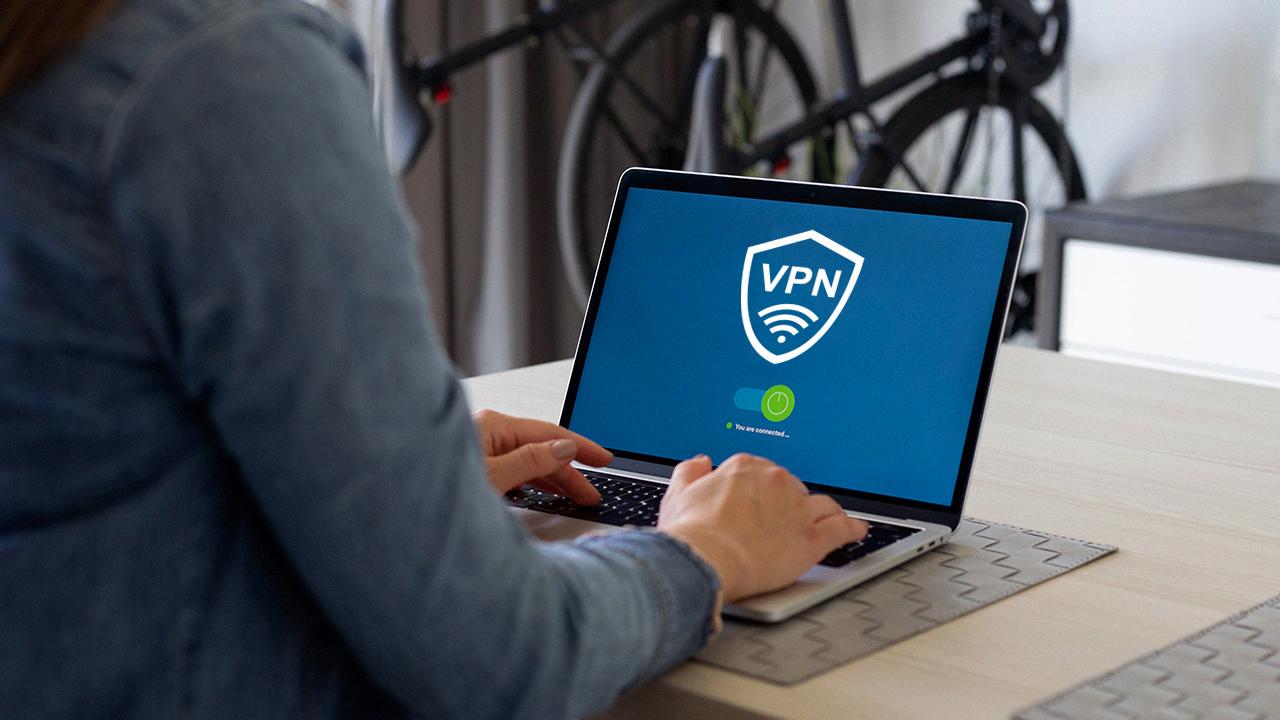
Source: pcmag.com
Utilizing a VPN on an iPhone
A VPN on an iPhone allows you to securely access the internet, protecting your data and identity from hackers and malicious actors. With a VPN you can bypass geo-restrictions, access content blocked in your region, and protect your online activity from surveillance by ISPs. You can also use a VPN to hide your IP address, ensuring that all of your web traffic is encrypted and private. Additionally, some VPNs offer features such as split-tunneling, which allows you to route certain apps through the VPN while others use regular internet connections.
Do I Need a VPN for Home Use?
Whether or not you need a VPN at home depends on your individual circumstances and activities. For some people, the security provided by their password-protected Wi-Fi network may be sufficient, while for others a VPN might be beneficial.
A virtual private network (VPN) provides an additional layer of security when connecting to the internet, encrypting your data and making it more difficult for third parties to access. This makes it useful if you need to protect sensitive data, such as confidential documents or financial information. It can also be beneficial if you are concerned about online privacy, as it hides your IP address and location from the websites you visit.
On the other hand, using a VPN can slow down your connection speed due to distance and encryption overhead. So if speed is important then it may not be worth the effort to use a VPN at home.
Ultimately, whether or not you need a VPN at home really depends on what activities you are doing online and how important that data is to you. If privacy is paramount then it might be worth setting up a VPN; otherwise, having a secure Wi-Fi network should provide enough protection for most people’s needs.
When is the Best Time to Use a VPN?
Using a VPN is a great way to protect your online privacy, particularly if you do a lot of browsing or streaming. It can also be useful if you need to access content that’s blocked in your country or region, or if you want to browse the web anonymously.
When using a public Wi-Fi network, it’s especially important to use a VPN; without one, your data could be exposed to anyone on the same network. A VPN will encrypt your traffic and mask your IP address so that even if someone were able to access the data, they wouldn’t be able to see where it came from or who it was meant for.
Additionally, if you need to access resources on a private network from outside of that network, such as when working remotely, then a VPN can allow you to securely and easily access those resources.
Overall, there are many reasons why you might use a VPN and it can be beneficial in many different situations. Ultimately though, the decision is up to you and depends on what you want out of using one.
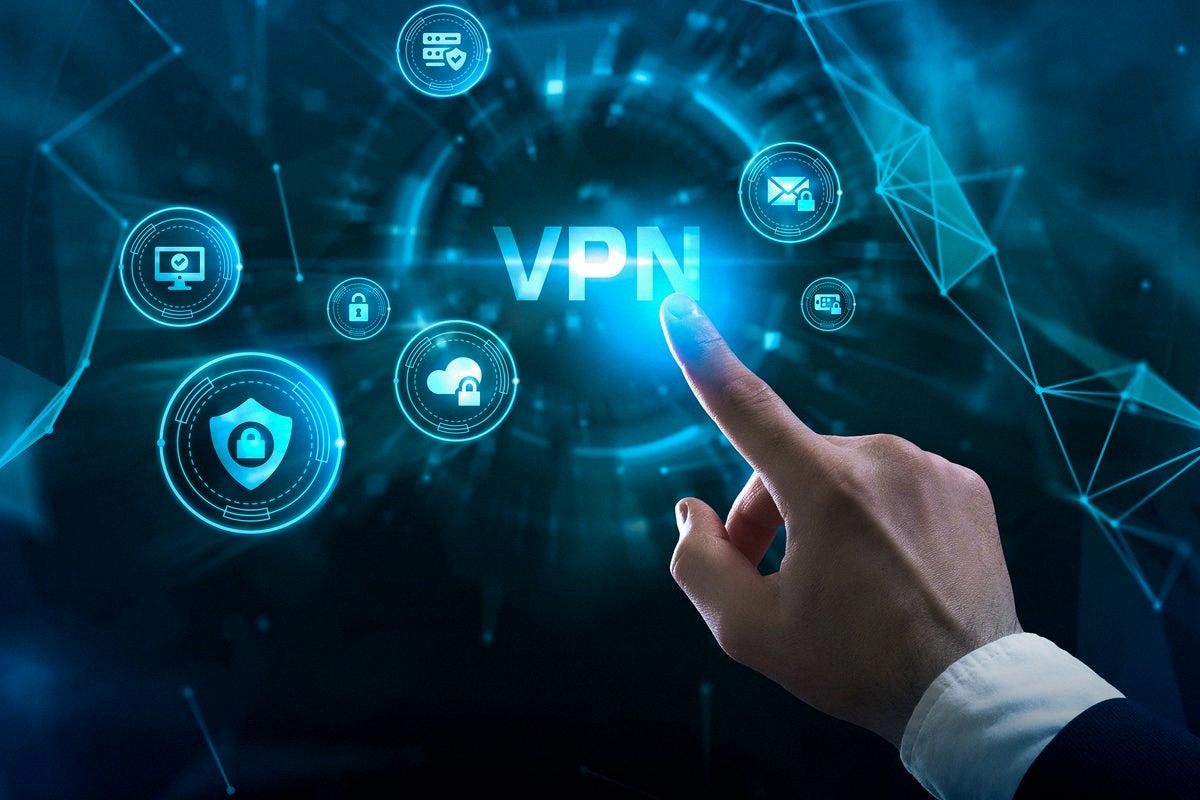
Source: computerworld.com
Does Using a VPN Affect Internet Speed?
Yes, VPNs can slow down your internet speed because they add an extra layer of security when you are connected to the internet. The VPN encrypts your data and routes it through its own servers, which takes more time than a direct connection. This is why using a VPN can reduce your internet speed by up to 50% or more. However, there are some things you can do to maximize the speed of your VPN connection.
First, make sure you’re using the fastest server available that gives you access to the sites and services you need. Most VPNs offer servers in different locations, so try different ones and select the one with the best speed. Also, make sure to use a reliable protocol such as OpenVPN which is known for its fast speeds and strong encryption. You may also want to switch from a shared IP address to a dedicated IP address for an even faster connection. Finally, most VPNs come with built-in settings that allow you to optimize their performance for specific tasks such as streaming or gaming.
Does a VPN Change Your IP Address?
Yes, a VPN does change your IP address. When you connect to the internet without a VPN, your computer’s IP address is visible to anyone who is monitoring your traffic. However, when you use a VPN, your connection is routed through a secure server and all traffic is encrypted. This means that instead of displaying your computer’s IP address, it displays the IP address of the VPN server that you are connected to. In this way, the VPN changes your IP address and makes it look like you’re connecting from a different location.
Conclusion
In conclusion, Virtual Private Networks (VPNs) are useful tools for both home and professional use. They offer safety and security through encryption of data traffic, allowing users to remain anonymous while browsing the web. Additionally, they can be used to bypass geo-locked content on streaming services such as Netflix and Hulu, or to access region-based eCommerce deals that would otherwise be unavailable. Finally, VPNs provide an extra layer of cybersecurity that is both cost-effective and reliable. All in all, using a VPN is a great way to ensure your online privacy and security are maintained.

